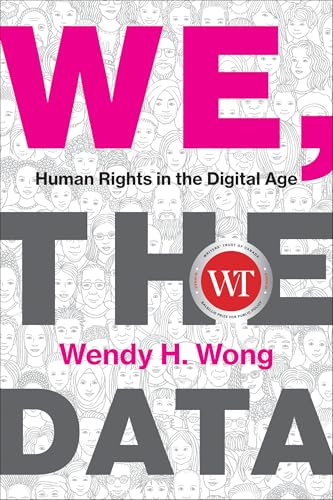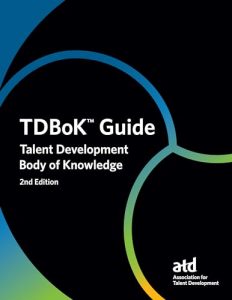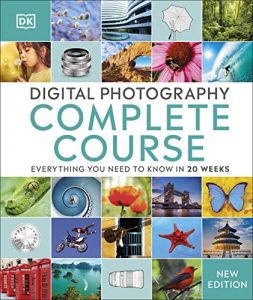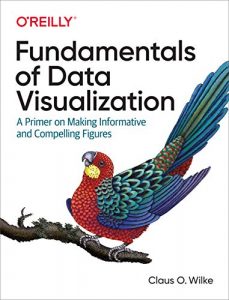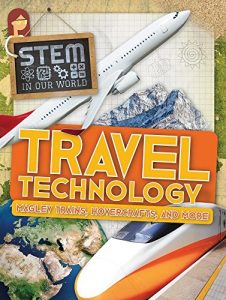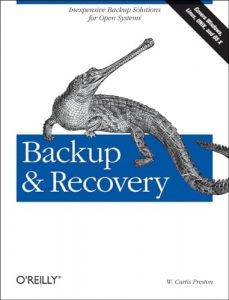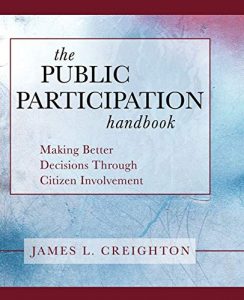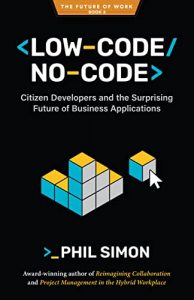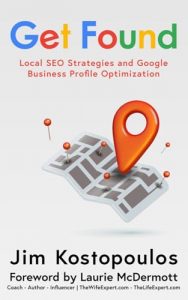In the age of digitization, the conversation around digital rights has never been more critical. With the reach of technology expanding exponentially, safeguarding our personal information and ensuring equitable access has turned into a pressing concern. As we delve into this digital landscape, the implications of how we manage, share, and protect data become paramount. From establishing frameworks for data privacy to understanding the roles of technology in influencing rights, this blog post curates a selection of pivotal readings that illuminate the complexities of digital rights.
Each of the featured books offers unique insights into the intersection between human rights and digital technology, taking readers through various perspectives on how our rights are shaped — or even threatened — in the online environment. Whether you’re a student, a policy maker, or simply a digital citizen, these works are indispensable in deepening your understanding of this critically important subject.
Join us on this enlightening journey as we explore these essential reads that tackle the theme of digital rights and advocacy.
1. We, the Data: Human Rights in the Digital Age
This groundbreaking book dives deep into the interplay between data and human rights, making a compelling argument for the need to redefine our ethical frameworks in light of digital advancements. The authors expertly articulate how data shapes the human experience, advocating for the rights of individuals in an increasingly data-driven world. By providing case studies and actionable solutions, “We, the Data” is a must-have for those striving to understand and navigate the complexities of digital human rights. Its insights challenge the status quo and inspire readers to become advocates for a data-based human rights paradigm.
2. Digital Bill of Rights: A Revolution for We the People 2.100
This book outlines a visionary approach to establishing a digital rights framework for the 21st century. It emphasizes the necessity of a digital bill of rights that empowers citizens and ensures that technology serves the public good. By examining existing legal frameworks and advocating for new policies, this book is an essential read for anyone interested in the future of digital civics. It drives home the message that democratic values must be upheld in the face of rapid technological change.
3. Digital Witness: Using Open Source Information for Human Rights Investigation, Documentation, and Accountability
This pivotal work showcases how open-source information can be harnessed for human rights investigations. It serves as a guide for activists, scholars, and journalists in gathering and analyzing data to hold perpetrators accountable. By illustrating successful case studies, the authors encourage a transparent approach to evidence-gathering that aligns with the principles of justice and human rights. This is an essential resource for those committed to leveraging technology in defense of human dignity.
4. Cyberlibertarianism: The Right-Wing Politics of Digital Technology
This thought-provoking book explores the political implications of digital technology through a lens of cyberlibertarianism. It challenges the assumption that the digital realm is inherently supportive of progressive causes, revealing how right-wing ideologies have leveraged technology to promote their agendas. A critical read for understanding the varied landscapes of digital engagement, this book offers keen insights for activists and scholars alike.
5. Digital Rights Management
This accessible text breaks down the essential components of digital rights management, providing a comprehensive overview for readers new to the subject. It discusses the technological and legal aspects of protecting digital content while balancing creators’ rights with consumer access. An excellent primer for those looking to grasp the foundational concepts surrounding digital media rights.
6. Digital Rights
This concise yet impactful read dives into the burgeoning field of digital rights, offering a straightforward overview of critical issues pertinent to the modern era. Ideal for both novices and seasoned readers, it serves as a springboard for deeper discussions about what it means to hold rights in a digital world.
7. Cyber Law & Digital Rights
This book delves into the legal foundation governing cyber activities and the implications for digital rights. It provides clear and actionable insights into navigating regulations and understanding the legal landscape of technology use. With real-world examples and thoughtful analysis, it is a great resource for law students and digital practitioners alike.
8. The Digital Rights Movement: The Role of Technology in Subverting Digital Copyright (Information Society)
This engaging narrative captures the evolving landscape of the digital rights movement, exploring the role of technology and social activism in challenging restrictive copyright laws. It encourages readers to rethink conventional wisdom about ownership and intellectual property in the digital age. A riveting read for those interested in the interface between technology, rights, and creativity.
9. Rights in the Digital Era
This expansive examination addresses the multifaceted challenges faced in securing rights in the digital environment. It provides critical frameworks for understanding evolving social justice issues tied to technological advancement, making it an indispensable resource for scholars, activists, and policy makers.
10. Post-Digital Cultures of the Far Right: Online Actions and Offline Consequences in Europe and the US (Edition Politik Book 71)
This timely work examines the implications of far-right movements in the digital space, exploring the consequences of online actions on society. It’s essential reading for anyone looking to understand the interplay between digital culture and political extremism, providing nuanced analysis and scholarly rigor.

